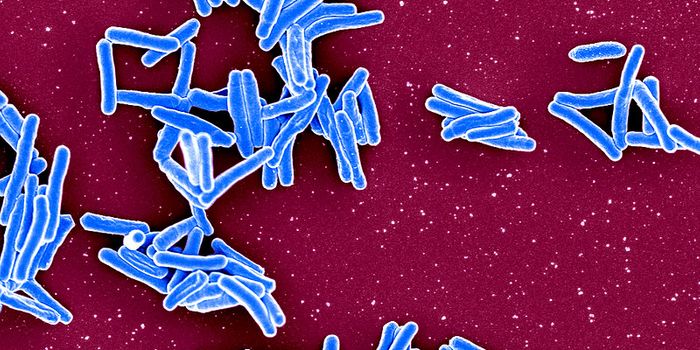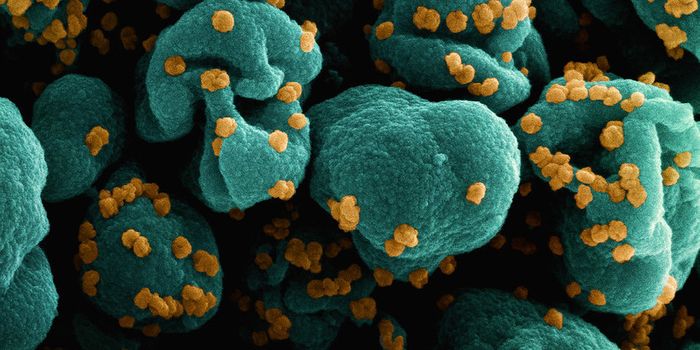Ingestible Bacteria-Catcher Could Act as a Diagnostic Tool
Microbes in our gastrointestinal tract may not only be closely linked to our health, but they may also be useful as a diagnostic tool that can show how disruptions in the microbial community are connected to a patient's health conditions. Stool samples are generally used to assess the state of the gut microbiome, but these usually only show part of the picture, like a snapshot that does not represent every microbial strain or where they reside in the gut.
Researchers have now created a capsule that's the size of a drug that can be swallowed, and on its way through the entire gastrointestinal tract, it can pick up microbial samples. It does not require a battery, and unlike similar tools that are used to view the colon, this one can collect bacteria. Instead of learning primarily about the microbes in the colon, scientists could now learn about the microorganisms in a study subject's mouth, stomach, liver, pancreas, gallbladder, small intestine, and rectum, in a kind of 'gut-oscopy.' The work has been reported in RSC Advances.
"It's all about being able to take samples of bacteria anywhere in the gut. That was impossible before," said Rahim Rahimi, a Purdue University assistant professor of materials engineering. "If a colonoscopy or camera pill sees blood, it can't sample that area to investigate further. You could just sample bacteria from a person's fecal matter, but bacteria can vary a lot throughout the GI tract. Our approach could be complementary."
This capsule is significantly cheaper than other approaches, and the technology is already being tested in a pig model. Their GI tract is similar to the one in people. As a proof of concept, the team 3D printed the capsule using the same resin that's used to make implants and dental molds. It's nontoxic, though Rahimi noted it will have to be modified slightly to make it completely safe for humans.
The capsule has a biodegradable cap that will dissolve when it encounters certain pH levels in parts of the gut. When that happens, a hydrogel expands, collecting intestinal fluid and the bacteria it contains in the process. After the sampling is complete, pressure closes the opening in the capsule.
When the capsule was tested in solutions designed to mimic those in the GI tract, it was successfully able to sample bacteria in different environments.
"This approach is providing new opportunities to study what type of bacteria are present in the gut. It would help us figure out how to manipulate these bacteria to combat disease," Rahimi said.
In a person, the capsule would migrate through the GI tract and could be recovered along with fecal matter, then filtered out and analyzed. A patent has been filed for this technology.
Sources: Science Daily via Purdue University, RSC Advances

![[Guide] 7 Strategies to Boost Laboratory Collaboration](https://d3bkbkx82g74b8.cloudfront.net/eyJidWNrZXQiOiJsYWJyb290cy1pbWFnZXMiLCJrZXkiOiJjb250ZW50X2FydGljbGVfcHJvZmlsZV9pbWFnZV83YzBjZWIwM2Y5YzI4MmFlYzBhZDZhMTcyNTQ1ZGU3YmE4Y2MzMDYyXzUxNDkuanBnIiwiZWRpdHMiOnsidG9Gb3JtYXQiOiJqcGciLCJyZXNpemUiOnsid2lkdGgiOjcwMCwiaGVpZ2h0IjozNTAsImZpdCI6ImNvdmVyIiwicG9zaXRpb24iOiJjZW50ZXIiLCJiYWNrZ3JvdW5kIjoiI2ZmZiJ9LCJmbGF0dGVuIjp7ImJhY2tncm91bmQiOiIjZmZmIn19fQ==)






